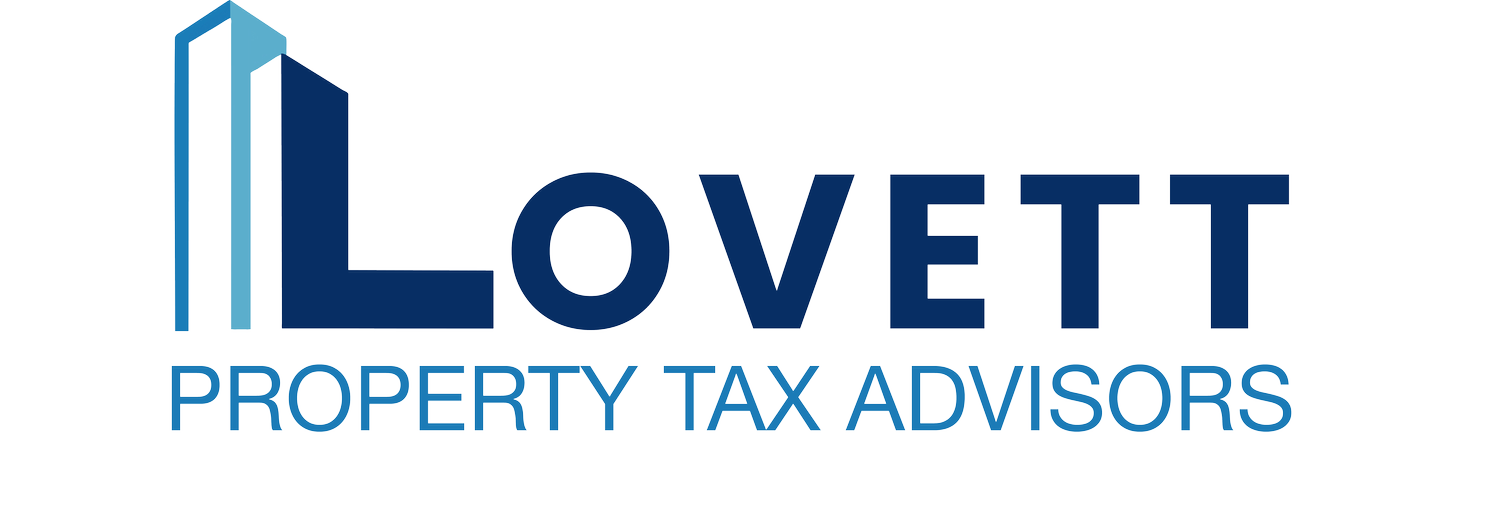Understanding the Role of Georgia's Board of Equalization
Introduction: In Georgia, the Board of Equalization plays a crucial role in ensuring fairness and accuracy in property tax assessments. As an independent body separate from the county tax assessors' offices, the Board of Equalization serves as a platform for property owners to appeal their assessments and resolve disputes. This article aims to provide an in-depth understanding of the Board of Equalization, its functions, and the process involved in seeking tax assessment relief in the state of Georgia.
What is the Board of Equalization? The Board of Equalization is an administrative entity responsible for hearing and deciding appeals related to property tax assessments. Its primary purpose is to provide a neutral forum for property owners who believe their property has been improperly assessed or unfairly valued. The board consists of appointed members who possess expertise in the field of property valuation, appraisal, and taxation.
Functions of the Board of Equalization:
1. Property Assessment Appeals: The Board of Equalization is tasked with reviewing and resolving appeals filed by property owners dissatisfied with their property tax assessments. Property owners have the right to contest the value placed on their property by the county tax assessors' offices and seek a fair reassessment.
2. Evidence and Hearings: The board conducts hearings where property owners can present evidence to support their claims of incorrect assessments. Property owners can provide information such as recent sales of comparable properties, appraisals, or any other evidence that challenges the assessed value of their property.
3. Decision-making: After carefully considering the presented evidence, the Board of Equalization makes a decision regarding the property tax assessment. The decision may involve approving the assessed value, reducing it, or, in rare cases, increasing it based on the evidence and the board's judgment.
4. Property Tax Relief: When the Board of Equalization determines that a property has been overassessed, it has the authority to reduce the assessed value, resulting in a lower property tax burden for the owner. This relief ensures that property owners are not burdened with an unfair tax liability.
Appealing to the Board of Equalization:
1. Filing an Appeal: Property owners who wish to contest their property tax assessments must file an appeal with the Board of Equalization within the specified timeframe outlined by the county. This typically involves completing a form provided by the board and submitting it along with any supporting evidence.
2. Preparing for the Hearing: Once the appeal is filed, property owners should gather relevant evidence to support their case. This may include recent appraisals, sales data of similar properties, or any other documentation that challenges the assessment.
3. Presenting Evidence: During the hearing, property owners can present their evidence to the Board of Equalization. It is important to provide a clear and compelling argument supported by relevant data to maximize the chances of a favorable decision.
4. Board Decision: Following the hearing, the Board of Equalization reviews the evidence presented by both parties and reaches a decision. The property owner will be notified of the board's decision, which can include a reduction in the assessed value, maintaining the existing value, or, in rare cases, an increase.
Conclusion: The Board of Equalization in Georgia serves as an essential component of the property tax assessment process, providing property owners with an avenue to challenge and seek resolution for incorrect or unfair assessments. By ensuring an impartial hearing and decision-making process, the board helps maintain fairness and accuracy in property tax assessments, contributing to a more equitable taxation system. Property owners in Georgia can take advantage of this independent board to ensure their property taxes align with the true value of their assets.


